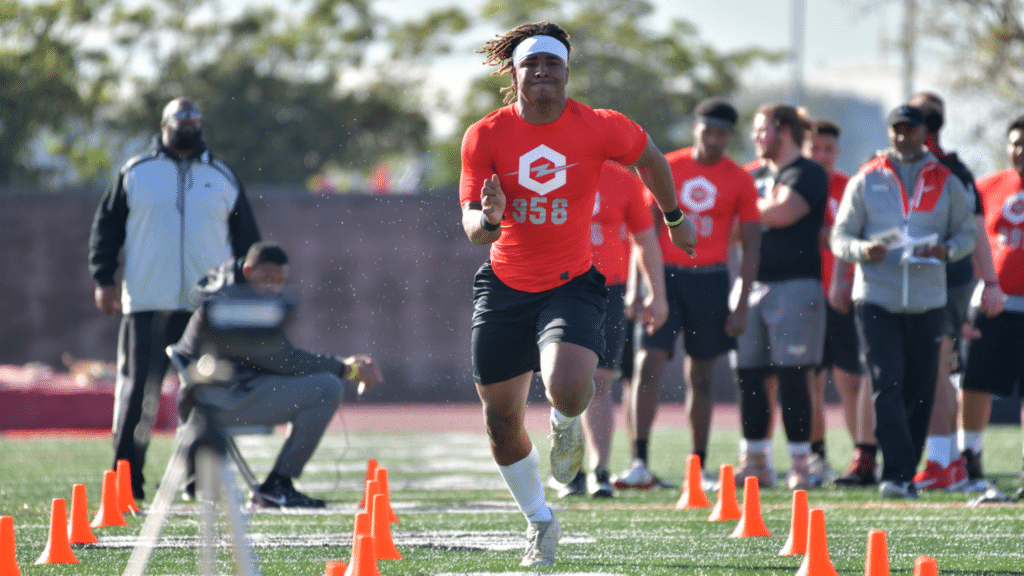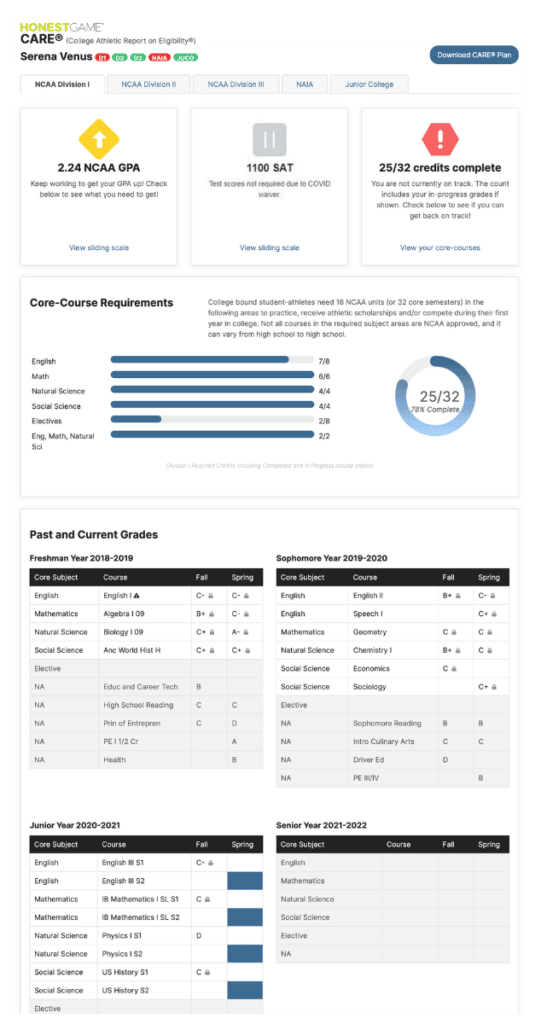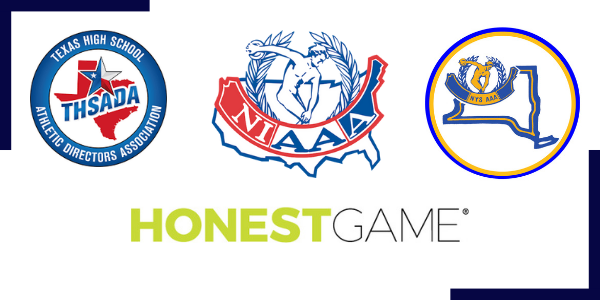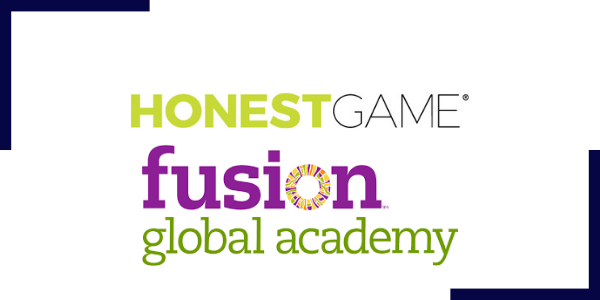Game On! A Student-Athlete’s Guide to Maximizing Summer Recruiting
Updated on Dec 20, 2023

The summer recruiting season can be a game-changer for student-athletes. It’s your chance to focus on building your athletic skills and impress college coaches during evaluation periods, research and visit schools to find your best fit, communicate with potential college coaches, and set yourself up to be academically eligible to play college sports.
Let’s dive in and learn how to make this summer count!
Build Your Athletic Skills and Impress Coaches
During the summer, college coaches are actively scouting talent and evaluating prospective student-athletes. Summer camps, clinics, showcases, and college ID camps are golden opportunities for you to level up your game and get noticed by college coaches. These events bring together talented athletes like yourself, giving you a chance to showcase your skills, learn and receive feedback from experienced coaches, and compete with others in your sport.
Plus, the recruiting calendar allows for coaches to attend competitions during the summer and you’ll have the chance to interact with college coaches who might be scouting for new recruits. Take advantage of evaluation periods when coaches can assess your skills in person. Showcases and college ID camps are all about putting your skills on display in front of coaches from various colleges. It’s your time to shine and show them what you’ve got!
Honest Insight: You may be able to get on a coach’s radar if you are competing against one of their current recruits. Who knows, it could be your ticket to playing college sports and taking your athletic journey to the next level! So, make the most of these opportunities!
5 Essential Tips for College Recruiting Camps and Showcases:
- Set goals: Determine what you want to achieve at the camp or showcase. It could be improving specific skills, catching the attention of college coaches, or gaining exposure. You only have so much time in the summer to attend camps – be sure you’re spending your time and money wisely.
- Showcase your skills: Take every opportunity to demonstrate your abilities. Whether it’s in drills, scrimmages, or games, give your best effort and showcase what makes you stand out.
- Be coachable: Show a willingness to learn and improve. Listen to the coaches’ feedback and apply it to your game. Coaches appreciate athletes who are open to instruction and show a strong work ethic.
- Be prepared and stand out with attitude: Come ready to give it your all! Display a positive attitude, sportsmanship, and teamwork. Coaches not only look for talent but also for athletes who can contribute positively to their team’s culture.
- Network and connect: Don’t be shy! Introduce yourself to coaches, fellow athletes, and staff members. Building connections can open doors and provide valuable insights into college programs.
Summer competition events are not just about impressing coaches, but also about gaining exposure and getting a taste of the college sports environment. They give you a chance to experience the level of competition, meet other athletes, and get a feel for different college programs.
Research and Visit Colleges to Find Your Best Fit
Finding the right college fit goes beyond athletics. It’s essential to consider the academic, social, and cultural aspects of each institution. Here’s how you can make informed decisions:
In order to narrow down the list of potential school visits, create a target school list to help you identify a list of colleges that align with your academic and athletic goals. Research their athletic programs, team performance, academic offerings, campus culture, and location.
Oftentimes, your schedule will be more flexible during the summer and you can dedicate more time to explore campuses whether you are visiting the campus on your own or if you are actively being recruited by a school and are taking an official or unofficial visit.
Honest Insight: Prepare a list of questions to ask coaches and current student-athletes prior to each campus visit. In addition to questions about the athletic program, be sure to ask about academic support services, campus life, and any other factors important to your college decision.
Communicate with Potential College Coaches
Building relationships with college coaches is crucial in the recruiting process. During the summer you can initiate contact with potential college coaches through personalized emails or phone calls to express your interest in their program.
Prior to reaching out, create a resume that highlights your athletic achievements, statistics, academic accomplishments, and contact information. Share this with coaches to give them an overview of your abilities and send them your upcoming competition or showcase schedule so they will be able to see your athletic skills in person.
When is the Right Time to Contact a College Coach?
Don’t wait for coaches to contact you; take the initiative during the summer after your sophomore year to complete online questionnaires on the team’s websites and send a follow-up email to each college coach directly to express your interest in their school/program. Be sure to alert coaches anytime you are competing over the summer, including the location, time, team name, and jersey number.
Honest Insight: Most college coaches will be heavily evaluating student-athletes between their sophomore and junior years to identify if they are the right fit for their program. But don’t stress if you are a junior and have not been contacted by a coach, they are constantly updating their recruiting list.
Just as you would send coaches your game highlights or a link to your Hudl account, you should be putting your best foot forward to highlight your academic achievements. Academic eligibility is a large piece of the college recruiting process and is often the doorway to athletic success at the next level.
Leveraging Academics During the Summer Recruiting Season
Just as a college coach evaluates a student-athlete’s playing ability, they will consider your ability to meet the school’s admissions standards, as well as your NCAA, NAIA or JUCO eligibility status and potential academic scholarship opportunities when reviewing recruits.
In addition to widening the pathway for the possibility of playing at the college level, having an outstanding GPA and a plan to fulfill the required coursework can be the difference-maker between you and another player. If you can prove you have discipline and dedication in the classroom, a college coach may see you as the right candidate for a spot on their roster.
Honest Game’s Checklist for College-Bound Student-Athletes highlights the key steps to getting recruited and ensuring you’re on the path to academic full-qualifier status to practice, compete and earn a scholarship for college sports.
To help leverage your academics and simplify the eligibility process, Honest Game CARE® (College Athletic Report on Eligibility) provides an individualized report with a student-athlete’s academic eligibility status and a clear outline of the test scores and grades that are needed to be eligible at each level for college sports. CARE® is downloadable and easy to share with prospective college coaches and recruiters.

Remember, it’s essential to showcase your talents on the field, but don’t overlook the importance of academics. Balancing both aspects is key to standing out as a well-rounded student-athlete. With dedication, hard work, and a well-rounded approach, you can make the most of the summer recruiting season and embark on an exciting journey toward achieving your academic and athletic goals.
So, game on!
Have more questions about the college commitment process? Honest Game Counselors are available to provide one-on-one assistance to support student-athletes in navigating post-secondary opportunities athletically and academically. Schedule a time to meet virtually with our experts.




